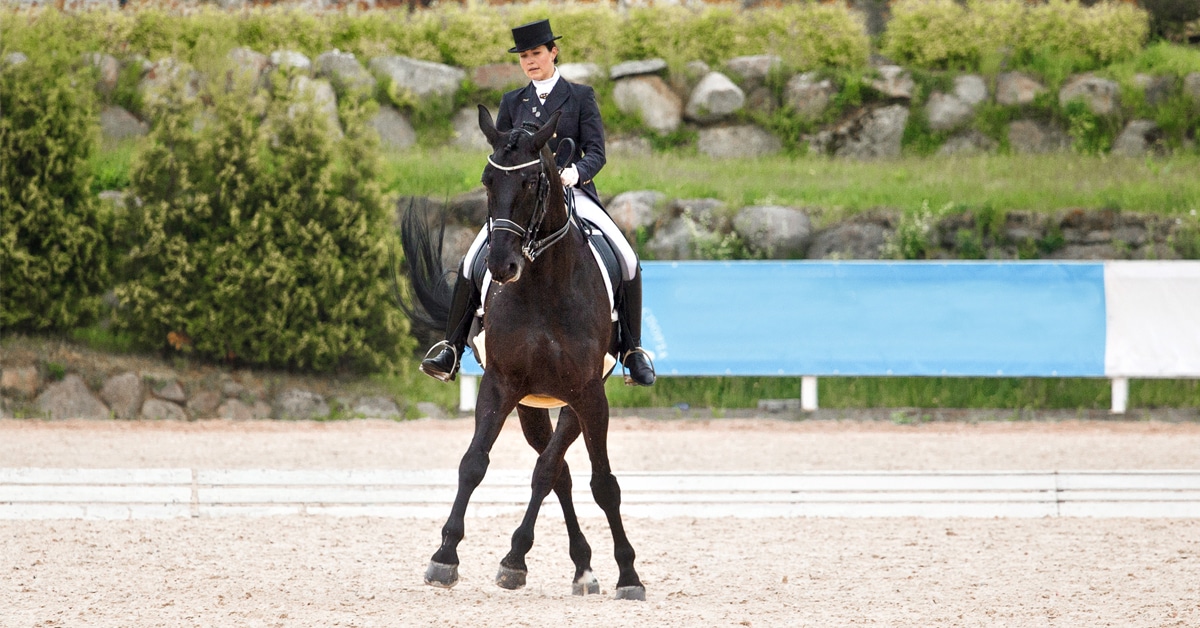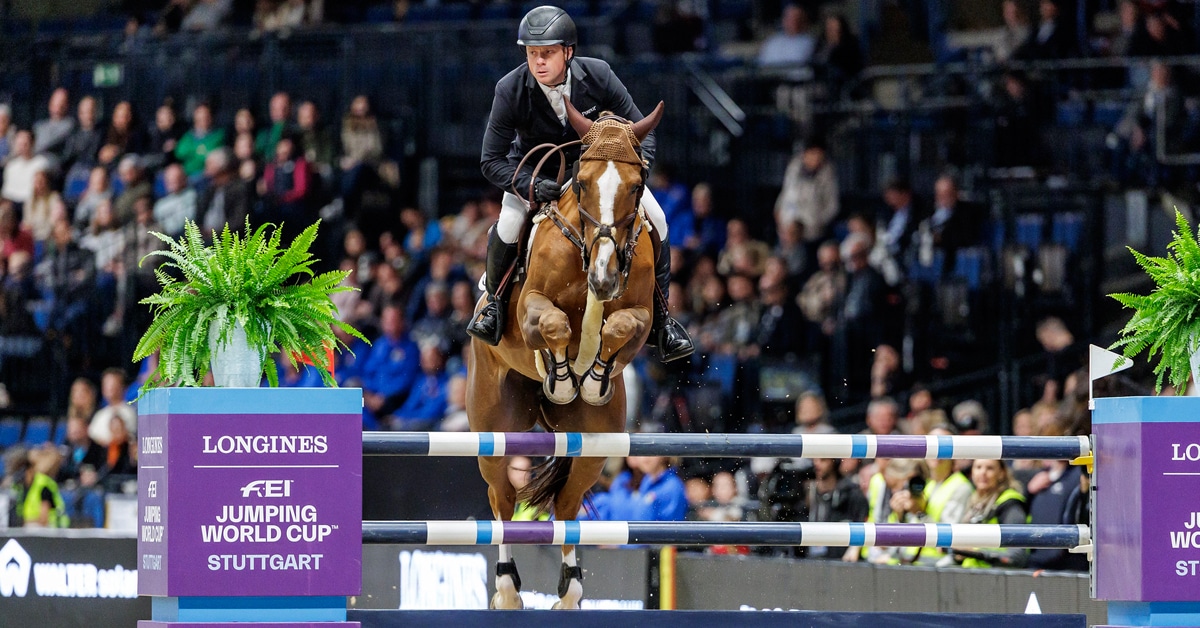Problematic from the start, the groups involved with bringing the 2018 Bromont WEG to fruition continue to struggle with organizing the behemoth event. At the end of August they lost their long-standing leader, Paul Côté, who had been chair of the bid committee and was subsequently named CEO, when he announced his resignation. This week, the Town of Bromont has – for the second time – refused to grant the long-term lease necessary to build the 4,500-seat indoor arena.
The town council has two main concerns with the building which will host the Reining and Vaulting competition during WEG. The first issue they cite has to do with the design; they don’t want the building to be a big box that looks like your typical industrial building in the middle of their pristine green space. The second concern is that they have not been presented with a comprehensive business plan for how the building will be financed over the long term.
The team responsible for putting on the 2018 WEG consists of the organizing committee for the Bromont World Equestrian Games (COJEM) and the Shefford Agricultural Society (SACS). SACS, which is responsible for providing the buildings for WEG, rents part of the land on which the games will be held from the town of Bromont and has asked them for a long-term lease of the property in order to secure a $15 million building grant. The grant, which will fund all the WEG building projects, is made up of $5 million from the federal government, $5 million from the province, and the remaining $5 million must come from the city in the form of a long-term lease on the property. Town council, however, would like to approve the design of the 50m x 90m building before they issue the long-term lease, as the existing plan doesn’t meet the requirements of the urban development team. SACS, however, doesn’t have a budget for a more elaborate design, especially since the construction bids for the basic building have been received and are already well over budget. Ultimately, if SACS is unable to get approval from town council, they will lose the grant, and thus the funding for the WEG buildings.
In addition to the issues with infrastructure, town councilors also expressed frustration at not receiving a thorough business plan for the proposed facility. They complain that what they have received is incomplete and relies too much on unsecured funding to be the basis for a formal action plan. For its legacy value, SACS proposes that the facility would become an eastern Canada training center, but with major circuits held in Florida in the winter, and in Alberta and Ontario in the summer, it remains unclear whether equestrian sport has sufficient participants and commercial support to draw on to achieve this goal. If SACS isn’t successful in creating legacy value, it is unclear who will be responsible for costs to operate the building.
With fewer than 10,000 residents, the town of Bromont has financial limits, and while they remain supportive, councilors are concerned that they aren’t getting the answers they need. As one party put it, they are all still eager to host WEG, but not at any cost.
More News









